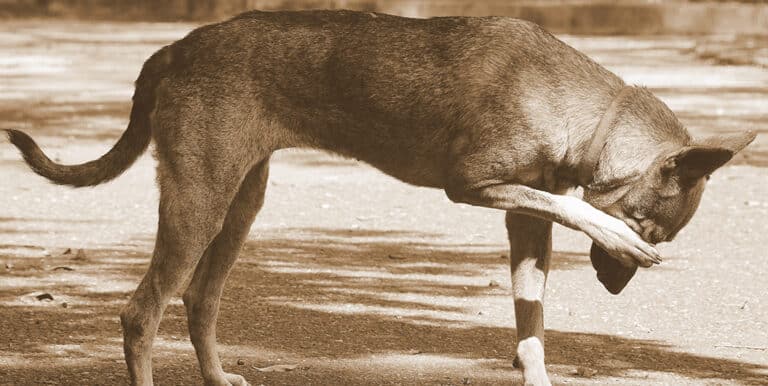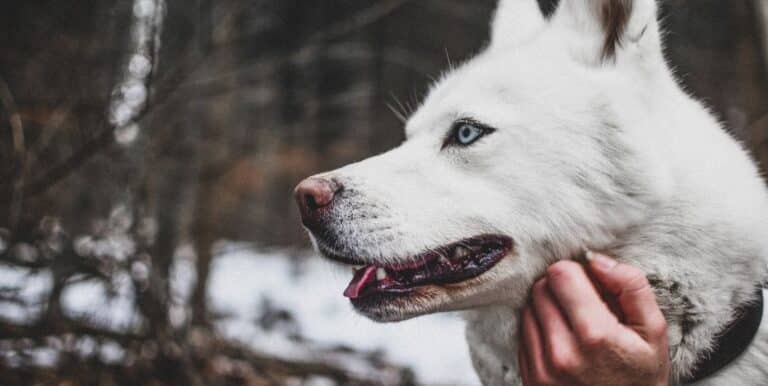What is Dog Narcolepsy?

Dogs are famous for long, frequent naps, but when sudden episodes of severe sleepiness occur, usually accompanied by some kind of excitement or stimulation, the naps may not be normal. They may exist as a condition called dog narcolepsy. This ailment is usually genetically-linked, and certain dogs are pre-disposed to the condition, like labradors, poodles, dachshunds and doberman pinschers. Clinical signs usually show up before 6 months of age. The symptoms are not painful, usually do not last long, and recovery is often very quick. Some drugs like methylphenidate and dextroamphetamine have been known to help manage dog narcolepsy.
Dog narcolepsy most often occurs during a playful time, such as a dog playing with a toy, when he is overcome with sleepiness and may drop on his side or stomach, instantly diving into REM sleep. When muscle twitches accompany the sleep, this may be normal bouts of cataplexy, or it may be masking signs of other conditions such as epilepsy. A dog owner must pay close attention to the symptoms to ensure the proper veterinary care in more severe cases. Most of the time, however, the dog will respond to calls and wake up just as suddenly.

Once a vet is consulted, he will usually run a series of tests, including a complete blood count, serum chemistry profile, thyroid tests, and possibly an electrocardiogram. These tests will rule out more serious conditions. If the vet does diagnose the animal with dog narcolepsy, it will only be necessary to determine the severity of the condition.
While periods of dog narcolepsy can be frequent and scary at times, if epilepsy is ruled out, the only real danger facing the dog would be from a fall or injury during a bout of narcolepsy. If the frequency of attacks becomes too great to manage carefully, the dog owner can ask the vet about certain drugs to treat the condition. Such drugs that might be used would be methylphenidate or dextroamphetamine, but these can have serious side effects as well.
It is possible that a deficiency in the brain known as hypocretin could be to blame for a dog narcolepsy. This trait is hereditary, supporting the conclusion that dog narcolepsy is an inherited condition, answering the question why it is common only in some breeds of dogs. While research is ongoing, it is possible that obesity and inactivity may also contribute a role in the condition.






